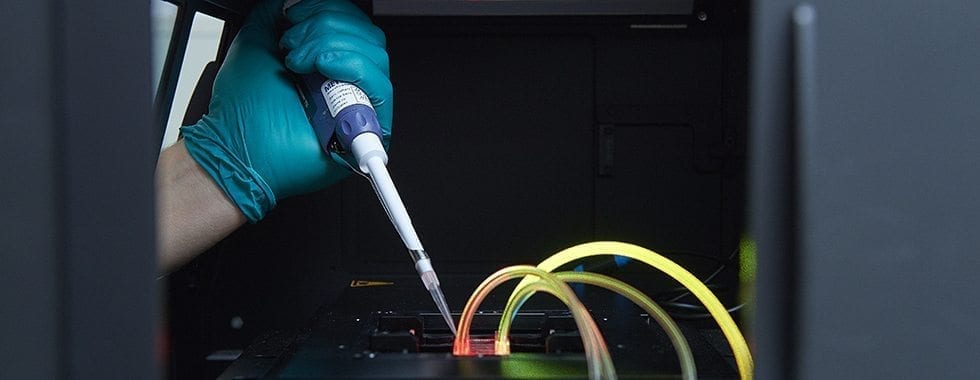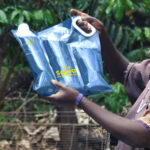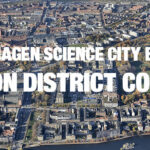Growth in Danish biotech demands increased focus on innovation district
Denmark has a good chance of creating jobs in medical biotechnology, but the road to growth is bumpy. A recent report points to Copenhagen Science City as part of the solution.
Research in Denmark is healthy in disciplines likely to create biomedical products and the value of the Danish biotechnology sector has increased dramatically in recent years. Unfortunately, development is losing momentum compared to regions with a similar level of research. This according to a recent report from a Danish Government think-tank, the Growth Team for Life Science.
Central for export revenue
Biotech-based life science generates 17 percent of Danish goods export revenue. In order to maintain the sectors contribution to the Danish Treasury, the Innovation District Copenhagen Science City must be significantly strengthened. This is reported by Danish consultancy company IRIS Group for Novo Nordisk Fonden,The Danish Growth Fund, Capital Region of Denmark, the Ministry of Industry, Business and Financial Affairs, Danish Agency for Science and Higher Education and the City of Copenhagen.
The Growth team and IRIS Group both point to changes in taxation, public subsidies and investment climate as important factors for strengthening the highly research-oriented sector, but location is proving to be vital as well.
International focus on increased proximity
All global life science strongholds have collected researchers, businesses and investors in close proximity. Munich has BioM, Uppsala outside Stockholm has Uppsala Bio, Cambridge has One Nucleus, Basel has Biopark Basel. Boston in USA has just over half a million inhabitants and is home to more life science companies than any other city in the world.
In Copenhagen Science City, more than 100 life science businesses are neighbours to some 30.000 students and scientific staff at University Hospital Rigshospitalet, University of Copenhagen faculties of HEALTH and SCIENCE and to the Metropolitan University College, which trains nurses, bio analysts and lab technicians.
Copenhagen strongest bid for life science cluster
Businesses are obviously interested in being close to each other and to universities. In the period from 2006 to 2016, 8-13 new medical biotech companies were established per year in Denmark. Almost all in the Greater Copenhagen area, which today houses 95 percent of the Danish biotech companies.
Most biotechnology companies base new products and technology on scientific breakthroughs in public research in, for example, genetics, molecular biology, biochemistry and health research. This is a key reason for their concentration in the capital.
Need for reinforcement in innovations district
The IRIS Group report specifies the innovation district Copenhagen Science City as a perfect location for Danish biotech companies to enjoy good neighbourly relations. In addition to university, hospital and university college, the area also includes the biotechnology research park COBIS, where entrepreneurs and small growth companies have access to both offices, laboratories and consultancy.
However, Copenhagen Science City needs strengthening, if it is going to compete with the strongest regions in the world to create new businesses and attract foreign companies. According to the report, the district must:
- Add flexible workspaces with access to equipment and relevant laboratory facilities, where scientists can document clinical evidence and test and mature ideas for new biotech products.
- Increase access to commercial tenancy for companies wanting to establish R&D in the area.
- Establish office facilities for foreign investors to book for days or weeks
- Give inventors and researchers easier access to mentors and counselors.
- Create stronger incentives for researchers from academia to commercialize discoveries.
- Unite and strengthen the marketing to foreign investors of the district.
Young sector with huge potential
With around 3,300 employees, the biotech sector is far from the largest job creator in Denmark, but the sector is still young. The oldest biotech companies in Denmark were established in the early 1990’ies. From 2005 to 2015, the sector nearly doubled its workforce, and the potential for creating more jobs is significant. In Boston, where biotech as a sector started to grow about ten years before the Danish, the city’s biotech companies today employ some 27,000 people.




